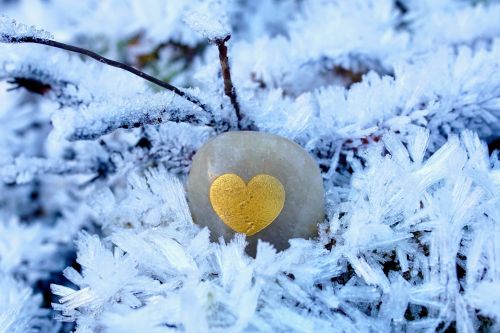Judith's Jottings » Blog Home Page
Your most precious possessions - 22nd September 2021
I don't mean precious in the sense of monetary worth, I mean what is precious in the sense that you would feel bereft without it. Only when you know this can you also know what constitutes clutter in your life. The most valuable items provide contrast. This is precious - therefore, this is not precious.

Most of my clients talk of sentimental attachment and use it as a reason for not doing any decluttering. This stance is not terribly productive as regards making space in their home and really, not everything can be valuable. Imagine, when everything is valuable there is really no value because everything is deemed to be equally good!
It's not wrong to be sentimentally attached to things
However if you believe yourself sentimentally attached to all that you own, I encourage you to explore what this means for you, otherwise it's just a glib label that stops you moving forward.
Is this sentimental attachment real? Or are you using it as some kind of emotional shield? What I mean is are you avoiding even looking at some things because you know it will provoke tears and distress? Or perhaps feelings of painful awkwardness?
Is the term 'sentimental attachment' a cover for a sense of duty or obligation, perhaps? Would you feel 'bad' if you got rid of granny's silver bracelet, desite the fact that you don't even like it?
You might notice your head and your heart in disagreement as to what constitutes clutter, perhaps?
How to know when sentimental attachment is real
Whilst it's OK to have a feeling of poignant sadness with some sentimental possessions I would suggest it's not healthy to keep stuff that reminds you of any kind of trauma. You are the only person who knows what to do in this situation. I can merely make suggestions.
On the whole 'sentimental attachment' should, in my view provoke feelings of warmth, love, appreciation, fondness. That sentimental item should in some way lift you up.
For instance I have a painting on my office wall that was painted by my dad. He died about a month before I got married in 1989 so that was a traumatic experience for me. However, when I look at the painting I am reminded how much my dad loved to paint and how it was his relaxation. The scene he painted was copied from a postcard and was of a town he lived in as a boy. The scene itself of fishermen with baskets of fish, something he remembered from his boyhood. I remember watching him paint it and him telling me what it meant to him. Now obviously I am still sad that my dad died relatively young, but the painting is a way for me to feel the connection I had with him, rather than end up sobbing. It's bittersweet, I guess, and that's OK.
How to get unstuck
The chances are that your beliefs around what constitutes an emotionally valuable possession were formed in childhood. We are all conditioned by parents and other key adults when we are little. What this means is that we observe their behaviour, take in what they say and learn from it. Adults who are care givers have a kind of authority and so little you followed their lead. No matter that they got rid of all of granny's things or alternatively kept all of granny's things. Your stance on that as a child is what has you where you are now!
Once you separate yourself from your conditioned beliefs you have a much better chance of decluttering success. It helps to understand where the conditioning came from and to heal any pain around what transpired at the time. That can be done via inner child work which is part of my coaching process. If you would like support and guidance to tackle your unhelpful conditioning then do get in touch and I can explain how coaching might work for you.
Click here to go back to the blog index

